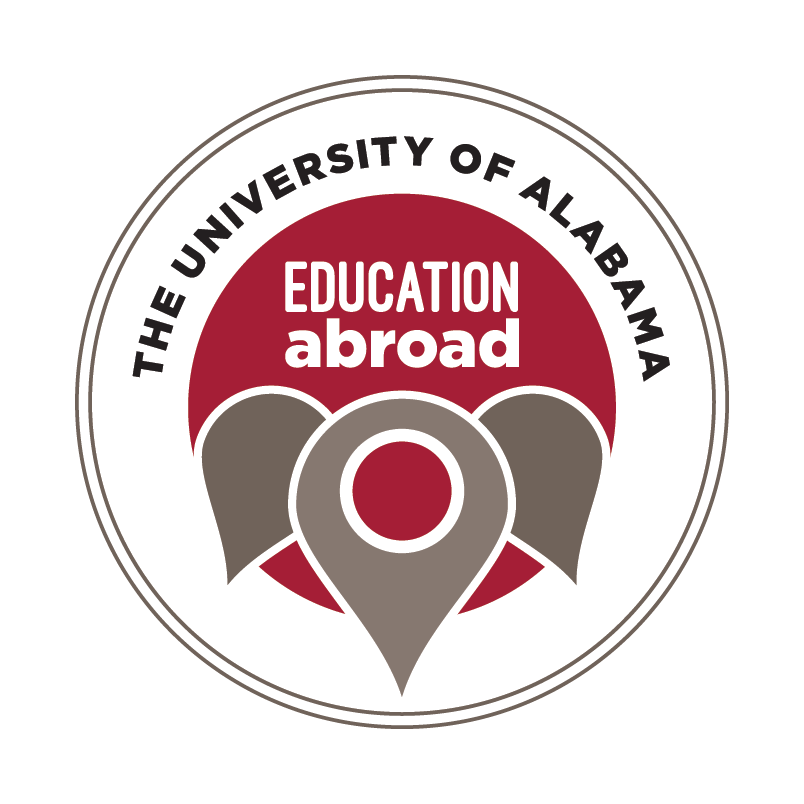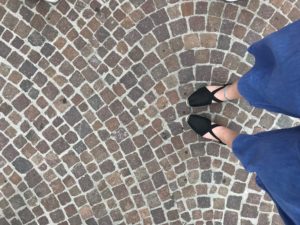I am now five days post-travel home and have had plenty of time to reflect on my experience in Italy studying the Reggio approach to learning and teaching. I have also thought a lot about the difference between the United States and Italy. I was surprised by how much we have Americanized Italian food; I expected to like the food better in Italy, but I honestly like our version better because I am more accustomed to it. I also found it interesting that they do not drink tap water, they separate their pasta and meat into different courses, and they start dinner at 8 PM- just some fun facts I picked up. I truly enjoyed both the experiences in the schools and the time we took exploring the history of different cities. My favorite cities we visited were Parma and Venice, but everywhere we went was beautiful. I enjoyed having tour guides in Reggio, Ravenna, Florence, and Pisa so that I could hear the fascinating history behind the buildings. Italians definitely value their history more than we do in America; they even have people that go to school to study restoration so that they can preserve buildings and artifacts. The amount of time we spent in Italy was the perfect amount to me. I enjoyed my stay but was ready to return home. I learned so much from this experience and definitely developed professionally. This was a great learning experience to bridge the gap between undergraduate and graduate school. It will keep me thinking and reflecting over the summer instead of losing vital information. The only advice I would have to give future study abroad students is to say ‘yes!’ to new opportunities. There were a few nights I was exhausted and wanted to just stay in, but instead I took spontaneous adventures! It is a once-in-a-lifetime experience, make sure you treat it as such.
This experience has changed my way of thinking about theories and teaching approaches. I am naturally an all-or-nothing thinker but have learned that teaching practices require balance. What I mean by that is that my teaching approach each year will depend on the students I have at that particular time. No teaching approach will work as a quick fix and must be constantly adapted. I whole-heartedly agree with the Reggio approach in theory; however, I believe there must be a balance in constructivism and the teacher’s role. Students need to explore their environment, construct their own knowledge, and guide the lessons. In addition to that, the teacher sets the tone for the learning environment and is the educational leader. The teacher can manage the classroom environment without controlling the students’ every move. It is great for students to have freedom to discover, but there also must be a healthy structure. Balance.

